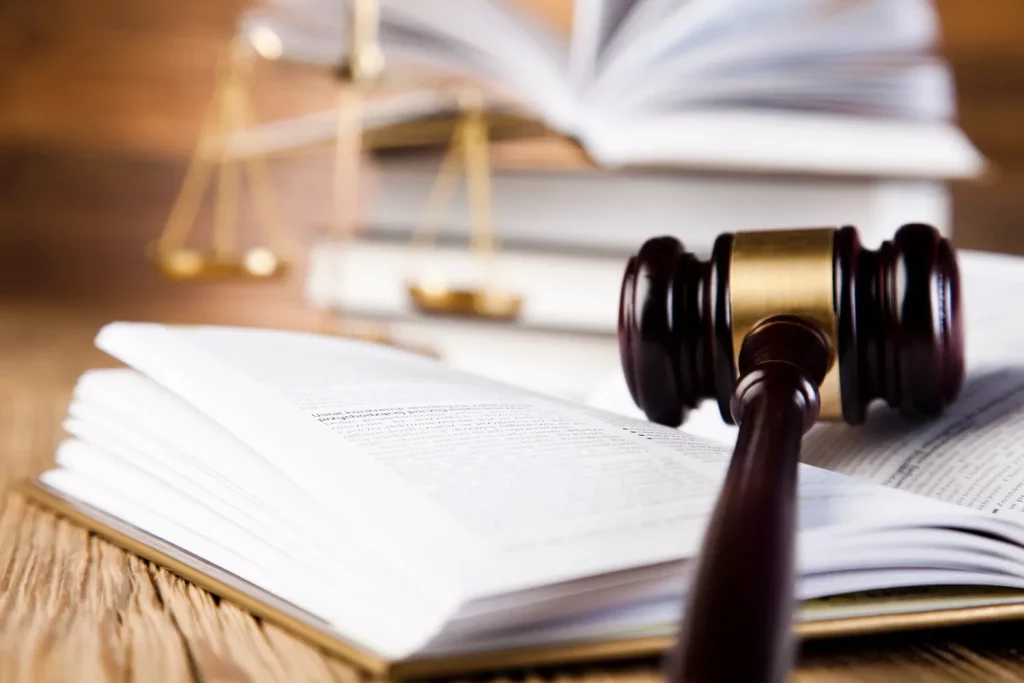Being involved in a car accident can be overwhelming, but understanding your rights is crucial to ensuring you are treated fairly throughout the process. Whether it’s dealing with injuries, insurance claims, or potential legal matters, knowing what steps to take can make all the difference.
1. Check for Injuries and Ensure Safety
The first thing to do after an accident is to check for injuries and ensure the safety of everyone involved. If possible, move to a safe location and call emergency services if needed. Getting medical help immediately is important, even if you don’t feel hurt. Some injuries may not be apparent right away.
2. Document the Scene
Collect as much information as you can at the scene. Take photos of the accident, including damage to the vehicles, any visible injuries, and the surrounding area. Be sure to gather the contact details of other drivers, passengers, and any witnesses. This documentation can be essential when dealing with insurance companies or, if needed, pursuing further action.
3. Report the Accident
In many areas, it’s required by law to report an accident to the police, especially if there are injuries or significant damage. A police report can be an essential document when filing an insurance claim or seeking compensation for damages.
4. Notify Your Insurance Company
It’s important to notify your insurance company as soon as possible after an accident. Provide them with accurate information about the incident, and be sure to follow the steps outlined in your policy. Your insurance company will help you assess the damage and determine what compensation you’re entitled to based on the circumstances of the accident.
5. Know Your Rights in an Insurance Claim
Your insurance company should provide compensation for medical bills, vehicle repairs, and other expenses caused by the accident. However, it’s important to know that insurers are often focused on minimizing payouts. If you feel the compensation offered is insufficient or unfair, there are steps you can take to dispute the decision. Many insurance policies have procedures for appealing claims or requesting a second review of the case.
6. Seek Medical Care and Track Expenses
Even if you feel fine after the accident, it’s essential to seek medical care for any potential injuries. Some injuries, like whiplash or internal damage, may not show symptoms immediately. Keeping track of medical visits, expenses, and treatments is important for building a clear record of any costs you incur due to the accident.
7. Consulting Legal Resources
If you’re struggling to navigate the complexities of the claims process or feel your rights are not being properly addressed, it can be helpful to explore legal resources available to you. Accessing resources related to car accidents can help you understand your options and assist in resolving any disputes with insurance companies.
Conclusion
Knowing your rights after a car accident is essential to ensuring you receive the compensation you’re entitled to and protecting yourself from potential legal complications. From the moment the accident occurs, take steps to document everything, notify your insurance company, and seek medical care. Understanding the claims process and having access to resources that outline your options can provide you with the knowledge needed to handle the situation with confidence.

